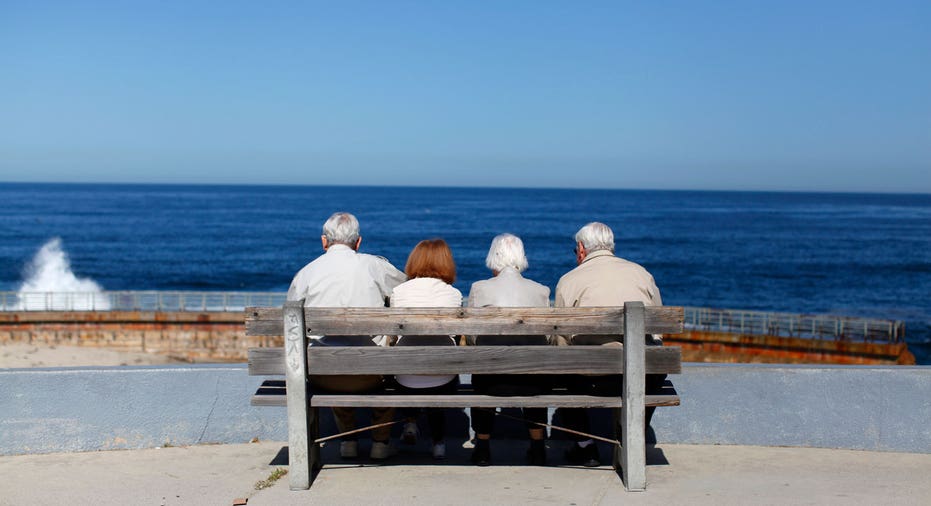Retiring to Hawaii? Consider Saving a Little Extra

What's the difference between a retiree in Hawaii and a retiree in Mississippi? It sounds like the start of a joke, but the punchline is hardly funny: The retiree in Mississippi is likely to have a significantly shorter and less-healthy retirement than the one in Hawaii.
According to a report published this month by the Centers for Disease Control and Prevention (CDC), 65-year-old residents of the Aloha State can expect an additional 16.2 years of healthy living, giving them the highest "healthy life expectancy" (HLE) in the nation. Meanwhile, 65-year-olds in Mississippi can expect an HLE of only 10.8 years after age 65.
The CDC statistics provide some striking facts about the health and wellness of the aged across the U.S. But for younger workers planning a retirement savings strategy, the findings may also offer useful insights on what exactly what they're saving for.
States with the highest and lowest healthy life expectancies
The CDC calculated HLE figures for each of the 50 states and the District of Columbia using data from 2007 through 2009. These figures gauge how many more years of "good" health an individual can expect at age 65. The study used self-reported health-status data to gauge whether respondents were in good health.
Eight states posted HLEs of more than 15 years:
- Hawaii: 16.2 years
- Connecticut: 15.7 years
- Minnesota: 15.6 years
- Florida: 15.4 years
- Colorado: 15.3 years
- Vermont: 15.2 years
- New Hampshire: 15.1 years
- Washington: 15.1 years
While Mississippi holds the dubious distinction of having the lowest HLE at 10.8 years, many of its neighbors didn't fare much better. Seniors based in Kentucky and West Virginia have HLEs of 11 years, just behind the figure for Alabamans at 11.1 years.
The impact on retirement savings
For workers unsure of how much they should save for retirement, the CDC data may hold some useful clues -- particularly when it comes to gauging how many of their last years may be in poor health.
"Where you live in the United States shouldn't determine how long and how healthy you live -- but it does, far more than it should," said CDC Director Tom Frieden in a written statement. "Not only do people in certain states and African-Americans live shorter lives, they also live a greater proportion of their last years in poor health."
While workers should be saving enough to enjoy their healthy retirement years, it is also important for them to consider how long they may have poor health.
While the HLE for 65-year-olds in Mississippi is 10.8 years, the overall life expectancy is 17.5 years. In Hawaii, the overall life expectancy is 21.3 years. That means residents of those states can expect 6.7 years or 5.1 years, respectively, of poor health. Planning accordingly may mean storing away additional savings or considering long-term-care insurance to deal with these years.
Also, those in states with shorter expectancies shouldn't use it as an excuse to save less. The CDC figures are only statewide averages, and retirement planning is done most effectively on a personalized basis.
The original article can be found at Money-Rates.com:Retiring to Hawaii? Consider saving a little extra



















